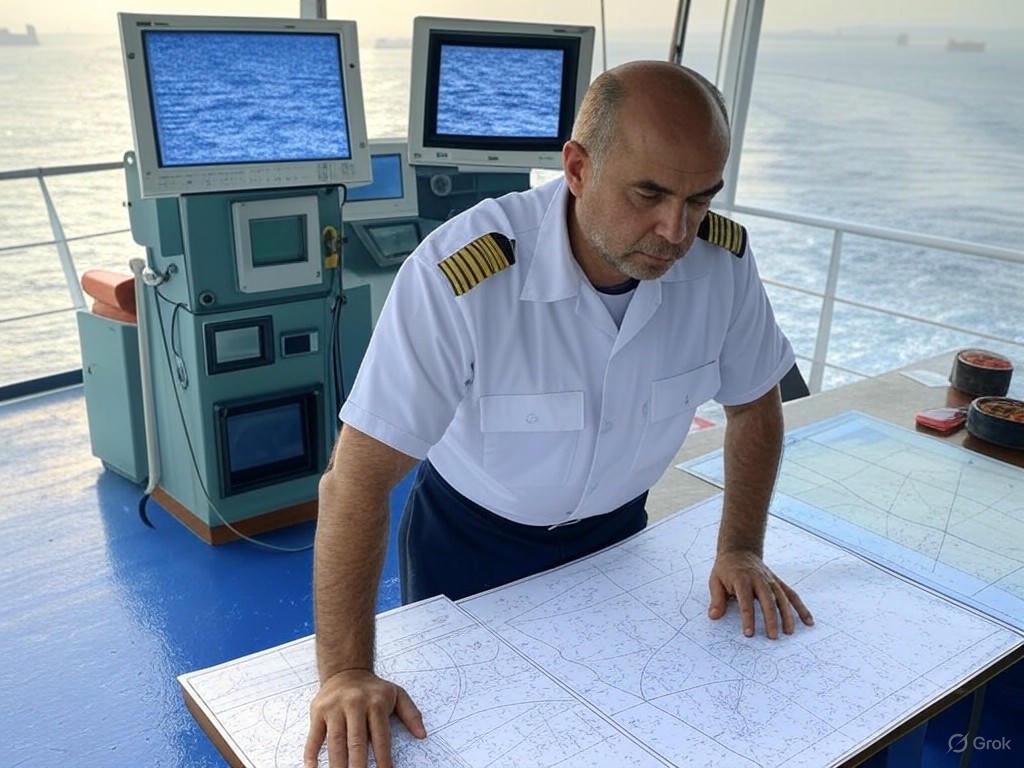GPS jamming in the Middle East has surged following recent Israeli airstrikes on Iran. This has created a whirlwind of challenges for maritime navigation. The phenomenon is rooted in geopolitical tensions that have made the Strait of Hormuz and other essential arteries of global trade hazardous waters. Ships are reporting strange electronic interference, which has added an unexpected layer to their navigation challenges.
The Joint Maritime Information Center (JMIC) recently highlighted that GPS interference is on the rise in these regions, affecting ships and their navigation systems. Jamming causes ships' electronic systems to malfunction, falsely reporting their positions. This can lead to potential collisions in these already congested and strategically important waters. Iran's response to Israel’s airstrikes may include further interference, forcing the shipping industry to find alternative ways to safely navigate these waters.
The Strait of Hormuz, a vital shipping lane where about 16.5 million barrels of oil are transported each day, is now a tactical flashpoint. With electronic aids compromised, vessels are being advised to use traditional navigation methods and maintain a constant vigilance for electronic interference. These advisories are meant to preempt more disastrous consequences of navigational errors.
The surge in these incidents is part of the broader regional tension, echoing similar conflicts around the globe. Such jamming was previously observed during the war in Ukraine and other conflicts, fueling concerns that the maritime industry may have to brace for a "new normal." Vessels in these waters now have to adapt to operational and tactical threats that extend beyond their usual safety protocols.
The UK Maritime Trade Operations has issued warnings that underscore the maritime industry's unease. They emphasize the need for increased caution as tensions in the region could evolve into direct military confrontations. For the maritime sector, these warnings not only pose operational challenges but also spike shipping risk prices and insurance costs.
In conclusion, as maritime operations face these multifaceted challenges, navigational safety now hinges on a blend of traditional techniques and constant readiness to counter electronic threats[1]. This ongoing jamming episode serves as a stark reminder of the delicate interconnections between military tensions and global commerce, urging caution and preparedness from the world's maritime operators.
References:
1. Ships Report Sharp Rise In GPS Jamming After Israeli Airstrikes On Iran
2. Ships’ Electronics Increasingly Jammed Since Israel Struck Iran







